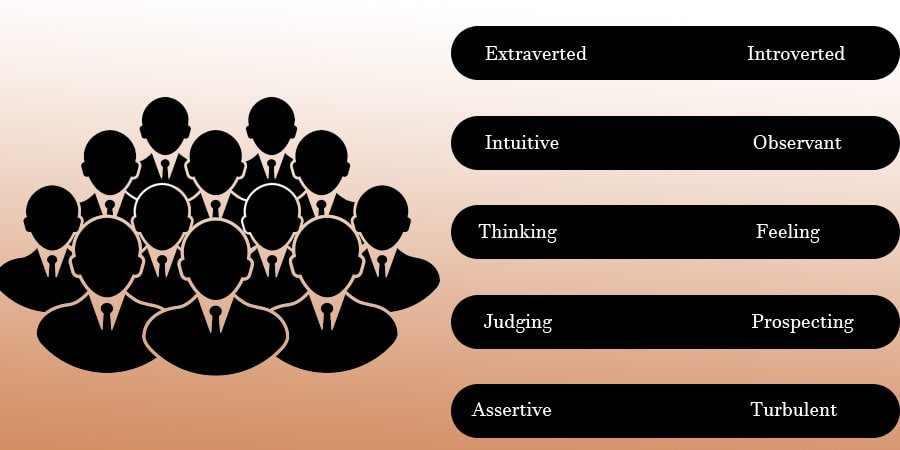Personality Test Types

Discover the hidden you: Personality tests can unlock the secrets of your mind.
Personality tests are powerful tools designed to uncover the intricacies of an individual’s character. These assessments are not only used to identify mental health issues but also to evaluate job candidates and students. They can take various forms, including interviews, exercises, and observer ratings, and can diagnose self-reporting inventories.
Personality tests aid in diagnosis, treatment planning, and predicting behavior in different scenarios. To determine personality accurately, a collection of characteristics or dimensions is used. Relying solely on a single-dimension scale is ineffective; a combination of multiple measurements is essential to predict performance accurately.
For instance, individuals with high integrity might strictly follow rules and be easy to manage but may lack the outgoing nature required for excellent customer service.
Types of Personality Tests
Self-Report Personality Inventory
In this test, participants complete a self-report survey to reflect on statements about their traits. These tests are standardized, allowing comparisons with statistical norms. Researchers develop these tests by gathering statements from clinicians and validating them through responses from both diagnosed and non-diagnosed individuals. The final scales predict behavior based on similarities with specific diagnostic groups.
Projective Personality Tests
These tests involve presenting individuals with ambiguous stimuli like inkblots or drawings, prompting diverse responses that reveal unconscious processes. For example, if a person sees eyes in an inkblot, it might indicate paranoia. Projective tests, like the Thematic Apperception Test (TAT) and the Rorschach Inkblot Test, are based on the idea that individuals project their subconscious attitudes and motivations onto the stimuli.
Benefits of Personality Tests
Self-Discovery: Understanding your personality helps regulate emotions and provides a sense of belonging, answering questions about your feelings and reactions.
Bias Elimination: Using standardized criteria in personality tests helps avoid unconscious bias during candidate evaluation.
Cultural Improvement: Insights from personality tests enhance company culture by understanding employees’ communication and leadership styles.
Mental Health Awareness: These tests can reveal underlying mental health issues, prompting professional help when needed.
Cost-Effectiveness: Personality tests provide quick and reliable information, saving time and resources in the hiring process.
Team Building: Knowing team members’ personalities fosters effective working relationships and collaboration.
Disadvantages of Personality Testing
Time-Consuming: Self-report tests can be lengthy, causing boredom and rushed, inaccurate responses.
Subjective Scoring: Projective tests suffer from subjective interpretations, leading to inconsistent results.
Expense: Administering personality tests, especially through expensive firms, can be costly.
Reliability Issues: Candidates might not respond as expected, leading to distorted results that don’t reflect their true personality.
Conclusion
Personality tests are valuable tools for selecting the right individuals for jobs, improving team dynamics, and resolving conflicts. However, they should be used alongside reference checks and behavioral interviews. Tests must align with job requirements and comply with legal regulations. For leadership and team development, professional coaching ensures effective application of test insights.
By integrating personality tests thoughtfully, organizations can enhance their hiring processes, foster a positive work environment, and support personal growth and mental health awareness.